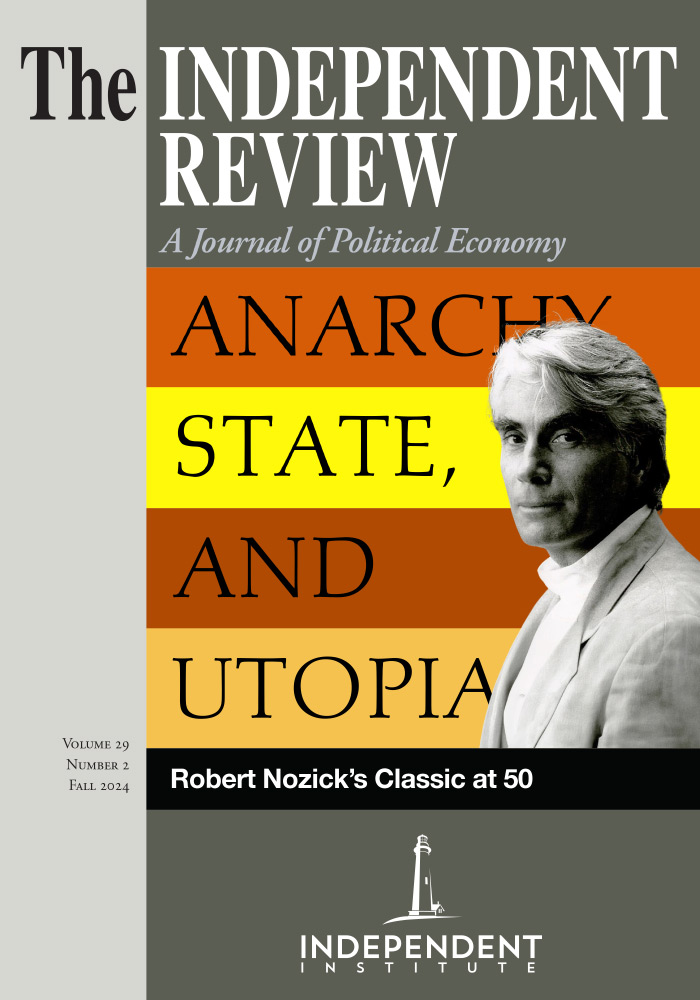While the effective altruism movement can help overcome problems associated with the extreme “near-sightedness” of some charitable giving, it is prone to falling prey to problems associated with extreme “far-sightedness” when it fails to account for the moral sentiments and local knowledge of the recipients of charity.
This full text of this article will be available on this page nine months after its initial print publication. To read it now, please buy this issue in print or downloadable eBook & PDF format, or in the Independent Review app on iOS or Android, or on Magzter which offers digital access on smartphones, tablets, and web browsers.
Michael D. Thomas is an associate professor in the Economics and Finance Department at Creighton University.
| Other Independent Review articles by Michael D. Thomas | ||
| Winter 2023/24 | Living Better Together: Social Relations and Economic Governance in the Work of Ostrom and Zelizer | |
| Fall 2020 | Markets against Modernity: Ecological Irrationality, Public, and Private | |
| Spring 2018 | The Rise of the Regulatory State: Institutional Entrepreneurship and the Decline of Markets for Blood | |
| [View All (5)] | ||










